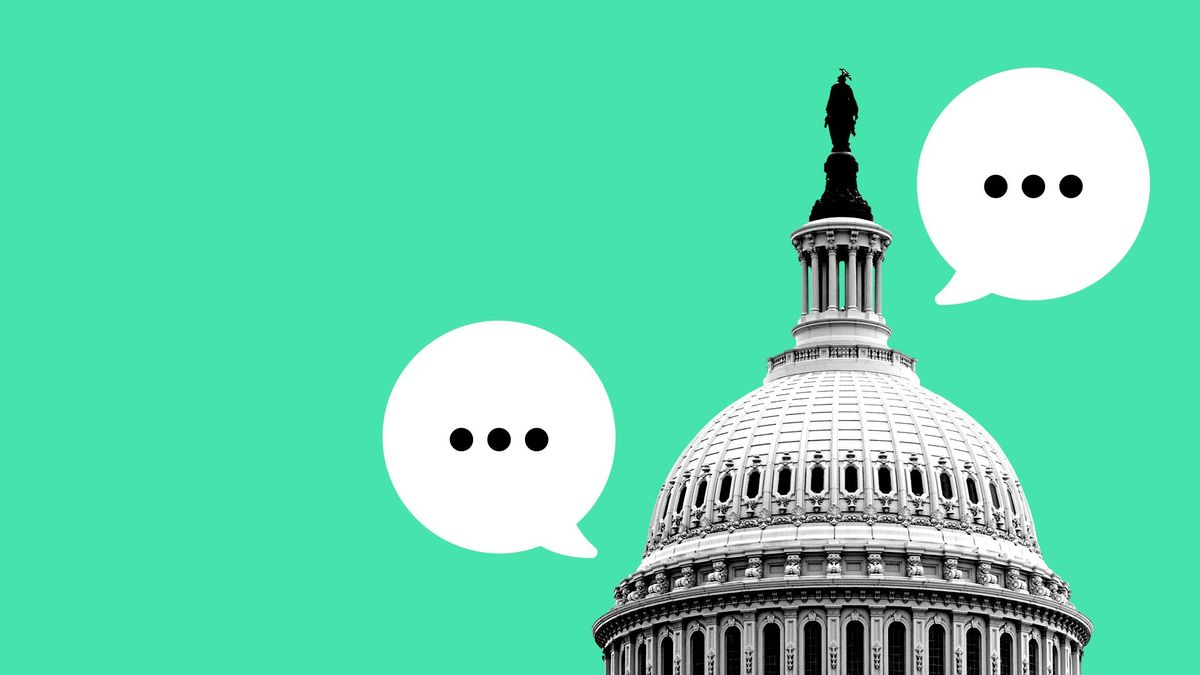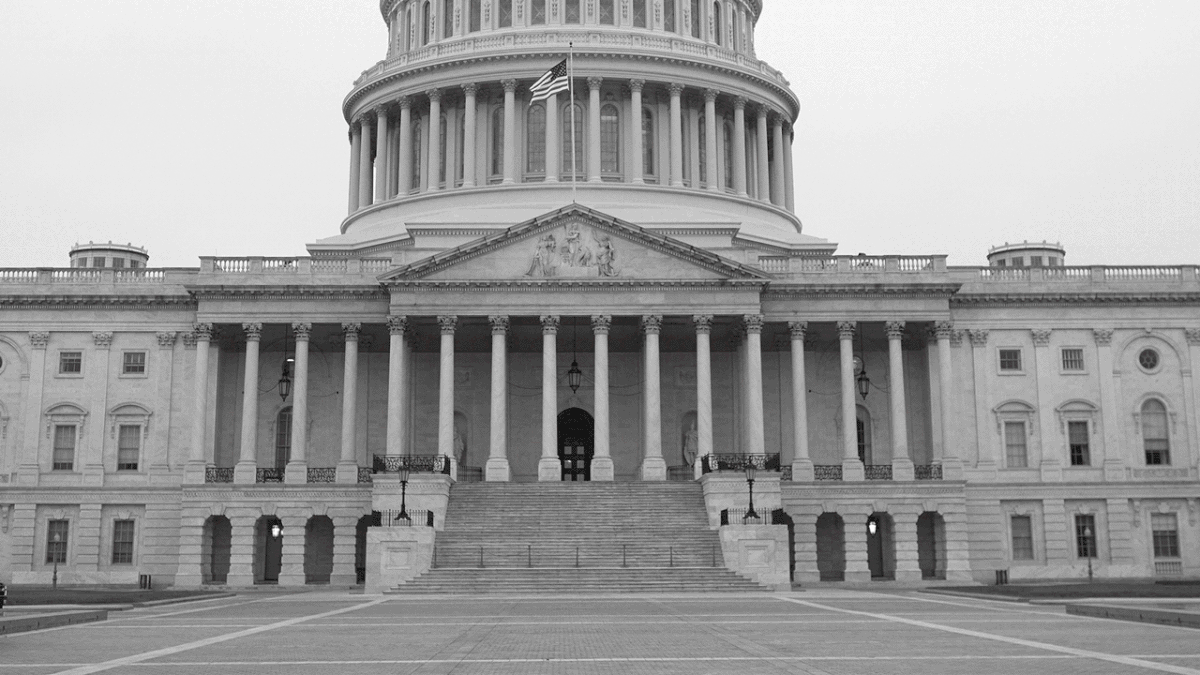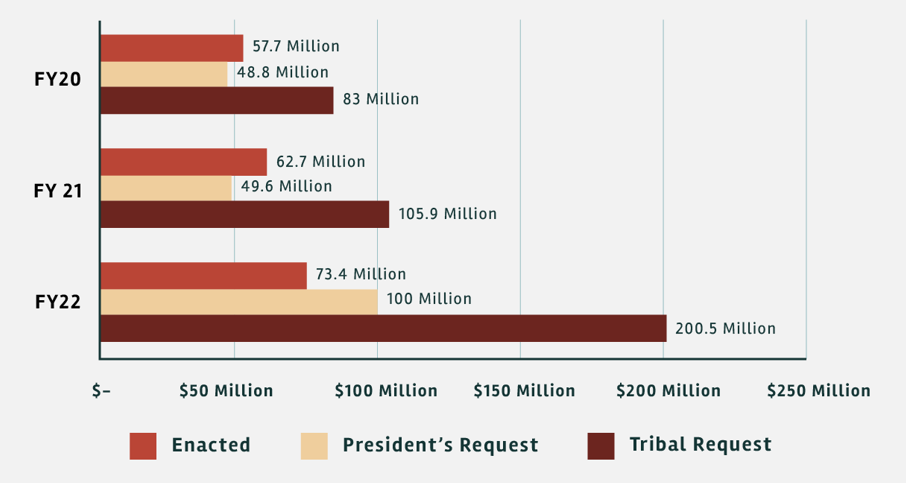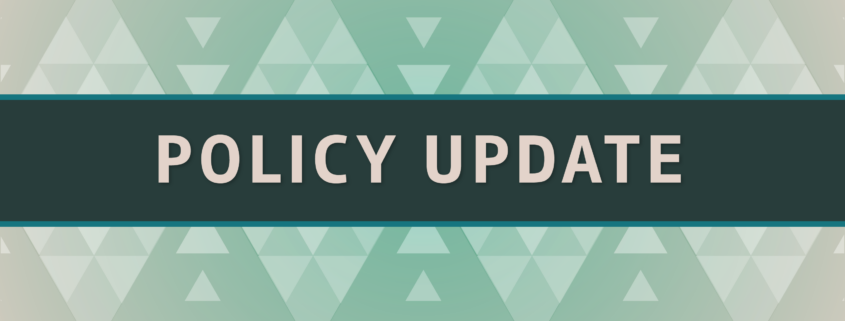NCUIH Policy News: 3 More Urban Confers in June and More
Welcome to our new Policy Updates! Below are some key dates to keep in mind. The upcoming schedule can also find be found here.
June Urban Confer Schedule
- 6/23 at 3pm – 4pm ET – Infrastructure Study Findings (Registration Link)
- 6/29 at 2:30pm – 4 pm ET – Urban Indian Interagency Workgroup (Registration Link)
- 6/30 at 2:30pm – 4 pm ET – OUIHP Strategic Plan (Registration Link)
NCUIH Prep Calls and Focus Groups
NCUIH will host prep calls ahead of the confers. (We are still waiting for Dear Urban Leader Letters from OUIHP for the confers.)
- 6/23 at 2 pm – 3 pm ET – Infrastructure Study (Zoom Link)
- 6/27 at 1 pm – 2:30 pm ET – Urban Indian Interagency Workgroup and OUIHP Strategic Plan (Zoom Link)
- 6/28 at noon – 1pm ET – NCUIH UIO AIR Check-In (Zoom Link)
Upcoming Urban Confer Comment Deadlines
Let’s dive in.
1 Big Thing: Bipartisan Urban Indian Health Confer Act Introduced

On May 26, 2022, Senators Tina Smith (D-MN) and James Lankford (R-OK) introduced the Urban Indian Health Confer Act (S. 4323).
The big picture: The legislation would require the Department of Health and Human Services to confer with urban Indian organizations (UIOs) on policies and initiatives regarding health care for the over 70% of American Indians and Alaska Natives (AI/ANs) living off of reservations.
- NCUIH worked closely with Senators Smith and Lankford on the introduction of this Senate companion bill to H.R. 5221, which passed the House of Representatives by 406 to 17 in November.
What they’re saying: At a hearing on October 5, 2021, HHS explained that rollouts of COVID-19 vaccines were delayed to urban Indians due to a lack of an urban confer policy.
What’s next: The bill was referred to the Senate Committee on Indian Affairs. It awaits consideration.
Action item: Please get in touch with your Senator to ask them to request that the Senate Committee on Indian Affairs to move forward on this legislation.
Go deeper: Bipartisan Urban Indian Health Confer Act Introduced by Senators Smith and Lankford
2. Federal Relations: NCUIH submits comments on MMIP and SDPI

Recent Comments
MMIP: On Friday, NCUIH submitted comments to IHS on MMIP and recommended the following:
- HHS must honor EO 14053 through timely, consistent, and clear communication, as well as collaboration, with UIOs
- HHS must include UIOs as Critical Stakeholders in HHS’ Comprehensive Plan
- Increase access to technical assistance to UIOs for sexual assault nurse training
- Support UIOs in developing victim advocacy programs
- HHS should support improved data collection and reductions in misclassification of urban AI/ANs in relevant data
- Support inclusion of AI/AN and tribal affiliations on intake forms
- HHS should develop an Urban Confer Policy
(Read comments.)
SDPI: On May 16, 2022, NCUIH submitted comments and recommendations to the IHS about the Special Diabetes Program for Indians (SDPI).
- In the comments, NCUIH emphasized the importance of SDPI and its impact in reducing health disparities related to diabetes for AI/AN populations. NCUIH also proposed recommendations for fiscal year (FY) 2023 including an increase in funding to at least $250 million with built-in automatic annual medical inflationary increases and additional support for UIOs seeking supplemental funding sources for diabetes-related care.
(Read comments.)
3. Legislative news: Approps testimony, Commissioned Officers for UIOs, Long COVID legislation

In the testimony, NCUIH requested the following:
- Fully fund IHS at $49.8 billion and Urban Indian Health at $949.9 million for FY23 (as requested by the Tribal Budget Formulation Workgroup)
- Advance appropriations for IHS until mandatory funding is enacted
- Increase funding for Electronic Health Record Modernization
- Increase funding to $30 million for Good Health and Wellness in Indian Country (GHWIC)
- Permanently reauthorize Native Connections (Tribal Behavioral Health Grant)
- Include urban Indians in the language for all health programs
- Include UIOs in critical opioid grants
Why it matters: Detailing officers to UIOs would aid UIOs in providing skilled, culturally competent healthcare, help address workforce shortages, and increase collaboration across the federal healthcare system.
NCUIH Endorses Bicameral Bill that Extends Grants to Urban Indian Organizations to Treat Long COVID
- On April 7, 2022, Representative Ayanna Pressley (D-MA-07) and Senator Tammy Duckworth (D-IL) introduced the bicameral Targeting Resources for Equitable Access to Treatment for Long COVID (TREAT Long COVID) Act (H.R. 7482/S. 4015) to increase access to medical care and treatment for communities and individuals struggling with Long COVID.
- Specifically, this legislation would establish a grant program for eligible entities, including urban Indian organizations (UIOs) for creating or enhancing the capacity to treat patients with Long COVID through a multidisciplinary approach.
4. New Resource: Funding for Urban Indian Health FY2020-2022

NCUIH recently released a one-pager showcasing the history of funding for the urban Indian health line item of the Indian Health Service (IHS) budget.
- This document shows a graph of the Tribal Budget Formulation Workgroup Request, President’s Budget Request, and enacted funding amounts for urban Indian health for fiscal years 2020, 2021, and 2022.
- Unfortunately, year after year, the Tribal Budget requests have gone largely ignored as evidenced in this resource.
- The graphs are intended to convey how far we need to go to begin meeting the health care needs of all American Indians/Alaska Natives (AI/AN).
(Resource)
In the news: Tribal Mental Health Gets New Focus, But Equity Barriers Remain (Bloomberg)
- Our thought bubble: Always good to see coverage on equity barriers, but a failure to mention UIOs and the 70% of Native people off-reservation in a “deep dive” article is disappointing.




